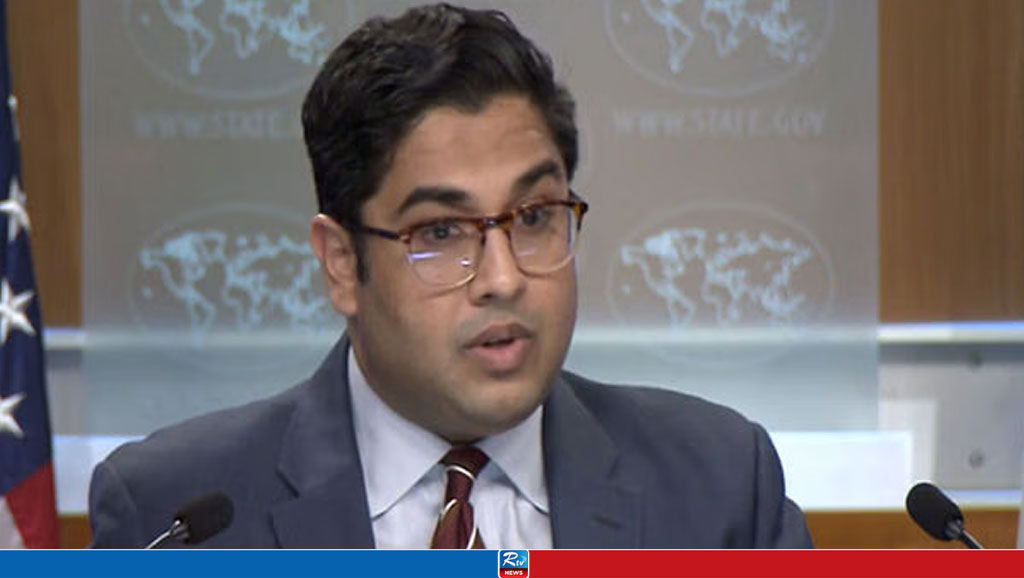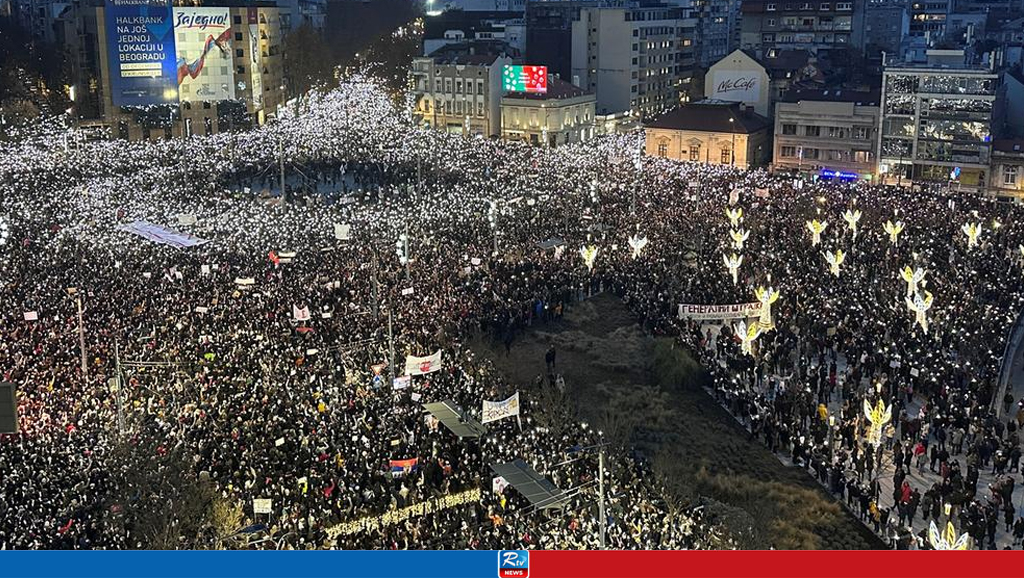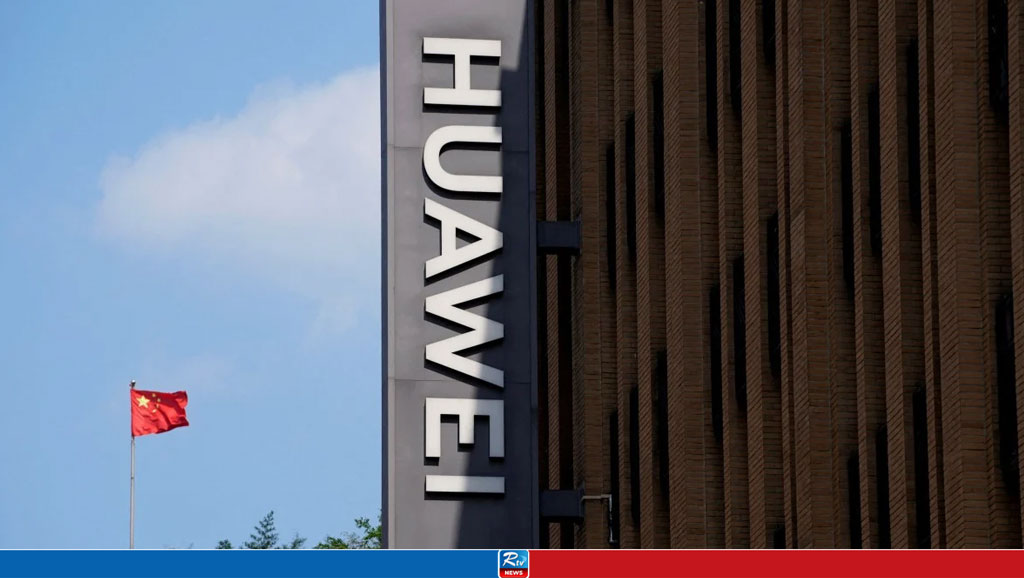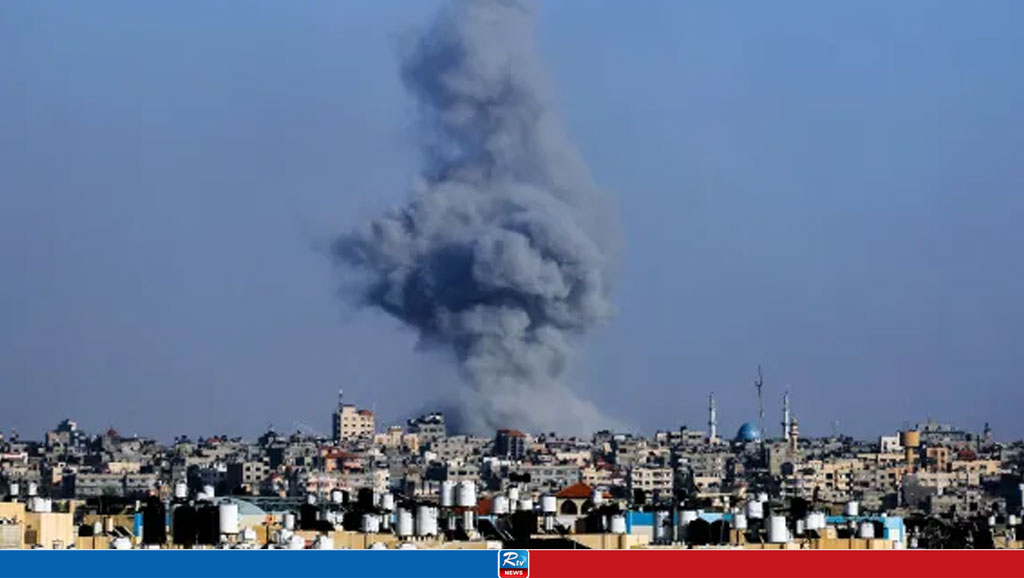Markets defy risks from Iranian attack on Israel

The global economy has so far shrugged off the Iranian strike on Israel. Important markets like oil had already priced in a possible attack, while gold and stock markets only moved slightly.
Many investors are holding their breath after Iran's unprecedented drone and missile attack on Israel starting on April 13. The aerial strike was the first direct attack launched from Iranian territory and came the same day Iran's Revolutionary Guards forcefully detained an Israel-linked container ship near the Strait of Hormuz.
The Iranian attack had been largely anticipated after Israel destroyed part of the Iranian embassy complex in Damascus, Syria, on April 1.
Still, experts are waiting to see if the conflict between the two countries escalates, even as the United Nations and the United States put pressure on Israel to show restraint. Most businesses don't like uncertainty and the possibility of wider open warfare has the region on edge.
Middle East oil and energy prices
If the conflict grows and engulfs more of the Middle East, the biggest risk for the global economy is the response in the energy markets, especially oil prices.
"A rise in oil prices would complicate efforts to bring inflation back to target in advanced economies but will only have a material impact on central bank decisions if higher energy prices bleed into core inflation," Neil Shearing, group chief economist at consultancy Capital Economics, wrote in a note to clients.
So far, though, oil prices have not moved much since the attack. It seems that the market had already taken the current unstable situation into account and was not spooked over the weekend by the retaliatory strike.
OPEC+ and its spare capacity
In fact, Brent crude oil prices rose from $83 per barrel a month ago to over $90 per barrel last week where they have stayed, "spurred in part by concerns about supplies and geopolitical risks from conflict in the Middle East and Ukraine," wrote Shearing.
The economist pointed out another reason for calm on the oil market is a push by some OPEC+ members to increase production quotas. "A rise in oil supply will obviously help to limit any rise in its price," whether because of increased tensions or supply chain problems like dangerous Red Sea shipping routes.
Jorge Leon, a senior vice president at energy analyst Rystad Energy, agrees. Though OPEC+ has a complicated job to coordinate and manage the oil market, it is likely to unwind voluntary production cuts at a meeting in June, he wrote in a note on Monday. This could release six million barrels a day in spare capacity to limit price pressures, since it is in the group's interest to avoid a global energy crisis.
Inflation could impact growth
If oil prices did go up and remained high it could fuel global inflation at a time when several countries are suffering from long-term high inflation.
This "sticky inflation" is "something that could create a dilemma for central banks, as we also found out after Russia's invasion of Ukraine in 2022," argued Deutsche Bank analysts in a note to clients.
"On the one hand, there is the risk that a geopolitical shock hurts growth, bringing forward the timing of rate cuts," according to the bank.
Investing in all that glitters
As for stocks, when markets opened on Monday, many Asian equity indices like the Nikkei were lower.
"But that partly reflects a catchup to the selloff that already took place on Friday after they'd closed, when headlines came through suggesting that an attack could happen," wrote the Deutsche Bank analysts.
For their part European markets opened higher. Overall, the analysts don't see much change among key assets since Friday "with investors hopeful that any escalation will prove contained."
One small sign of investors looking for a safer investment was the increase in the price of gold. On Monday, it was up 0.51% to just over $2,356 (€2,211) an ounce.
It is still early and the conflict could widen and pull in other countries, lead to more US sanctions on Iran, or damage or destroy oil infrastructure. Some Western airlines temporarily suspended flights into the region, other have rerouted flights to avoid Middle Eastern airspace.
If Iran or Houthi rebels continue to target Israel-linked ships in the important trade route through the Strait of Hormuz, "a risk of false targeting and collateral damage exists," according to Ambrey, a maritime risk management company. This or another aerial attack could further pull in the US, drive up global shipping costs and cause havoc for the world economy.
Comments
Chinese National charged with Acting as Beijing's Agent in Local California Election

Can China Shield the Biggest Uninsured Economy From Floods?

China Taken Efforts Consistent with 'Transnational Repression': US

Tibetan Leaders Advocate For Challenges Faced Under Chinese Rule in Delhi

Tens of Thousands Join Student-led Protests in Serbia

Guam arrests 7 Chinese nationals who tried to illegally enter US military site during missile test

US Plans to Blacklist Company That Ordered TSMC Chip Found in Huawei Processor


 Live Tv
Live Tv





